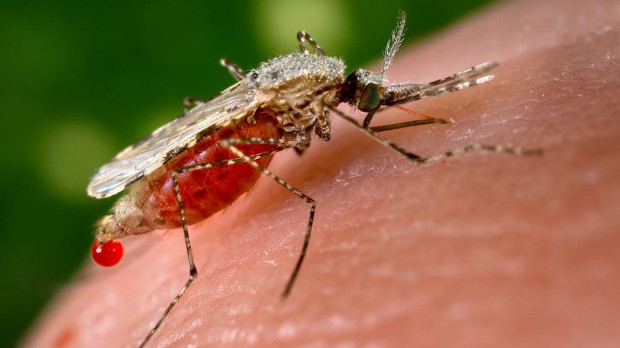 A. stephensiWIKIMEDIA, CDCUsing CRISPR, investigators at the Universities of California (UC) in San Diego and Irvine have engineered transgenic Anopheles stephensi mosquitoes carrying an anti-malaria parasite effector gene “capable of introgressing the genes throughout wild vector populations,” they wrote in a PNAS paper published this week (November 23). The resulting gene-drive system could help wipe out the malaria pathogen (Plasmodium falciparum) within a targeted population of A. stephensi vectors, Anthony James of UC Irvine and his colleagues wrote.
A. stephensiWIKIMEDIA, CDCUsing CRISPR, investigators at the Universities of California (UC) in San Diego and Irvine have engineered transgenic Anopheles stephensi mosquitoes carrying an anti-malaria parasite effector gene “capable of introgressing the genes throughout wild vector populations,” they wrote in a PNAS paper published this week (November 23). The resulting gene-drive system could help wipe out the malaria pathogen (Plasmodium falciparum) within a targeted population of A. stephensi vectors, Anthony James of UC Irvine and his colleagues wrote.
“We know the gene works,” James said in a statement. “The mosquitoes we created are not the final brand, but we know this technology allows us to efficiently create large populations.”
As Nature noted, this study is not the first to report engineered Anopheles that stifle the malaria parasite but, until now, “researchers lacked a way to ensure that the resistance genes would spread rapidly through a wild population.” CRISPR/Cas9 gene-editing enabled this feat. “Males and females derived from transgenic females . . . produce progeny with a high frequency of mutations in the targeted genome sequence, resulting in near-Mendelian inheritance ratios of the transgene,” James and his colleagues wrote in their paper. (See “Reining in Gene Drives,” The Scientist, November 2015.)
“This work suggests ...





















